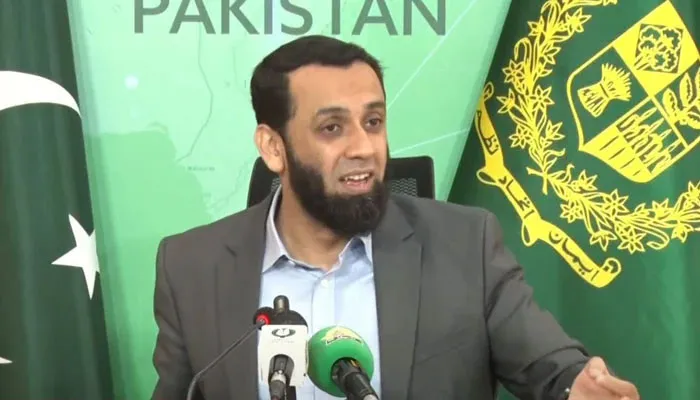Islamabad, Prominent journalist Benazir Shah has been targeted in a deepfake video circulated on X, prompting swift condemnation from both Shah and Information Minister Attaullah Tarar.
Minister Condemns the Deepfake
Minister Tarar described the incident as “totally unacceptable and highly condemnable,” adding that action would be taken against those responsible. He emphasised that no one has the right to create fake videos to harass or defame journalists and clarified that he does not condone the behaviour of the account involved.
Criticism of PECA and Digital Enforcement
The deepfake comes amid ongoing debate over the Prevention of Electronic Crimes Act (PECA) 2016, which is intended to combat cybercrime, online harassment, and the spread of illegal digital content. Critics argue that the law has frequently been misused against journalists, activists, and political opponents, raising concerns about freedom of expression and digital rights in Pakistan.
I appreciate the information minister taking this matter seriously.
However, I do not wish to pursue a PECA case through the NCCIA, as doing so would lend legitimacy to a law and an institution that have been used to harass journalists, silence private citizens, and suppress… https://t.co/aDJ6FvG5kN
— Benazir Shah (@Benazir_Shah) November 17, 2025
Shah Rejects Legal Action Through NCCIA
While welcoming the minister’s response, Shah stated she would not pursue a case under PECA through the National Counter Cybercrime Investigation Agency (NCCIA). She argued that using the agency would lend legitimacy to an institution often criticised for silencing journalists and suppressing dissent.
Shah called on the government to scrap PECA and NCCIA and initiate a genuine consultation process to draft legislation that better ensures the safety of journalists. She reaffirmed her resilience, posting #AttacksWontSilenceUs on social media.
Wider Concerns About Journalist Safety
The incident highlights the growing challenges faced by journalists in Pakistan in the digital era, where deepfakes and online harassment can be used to intimidate media professionals and influence public narratives.















